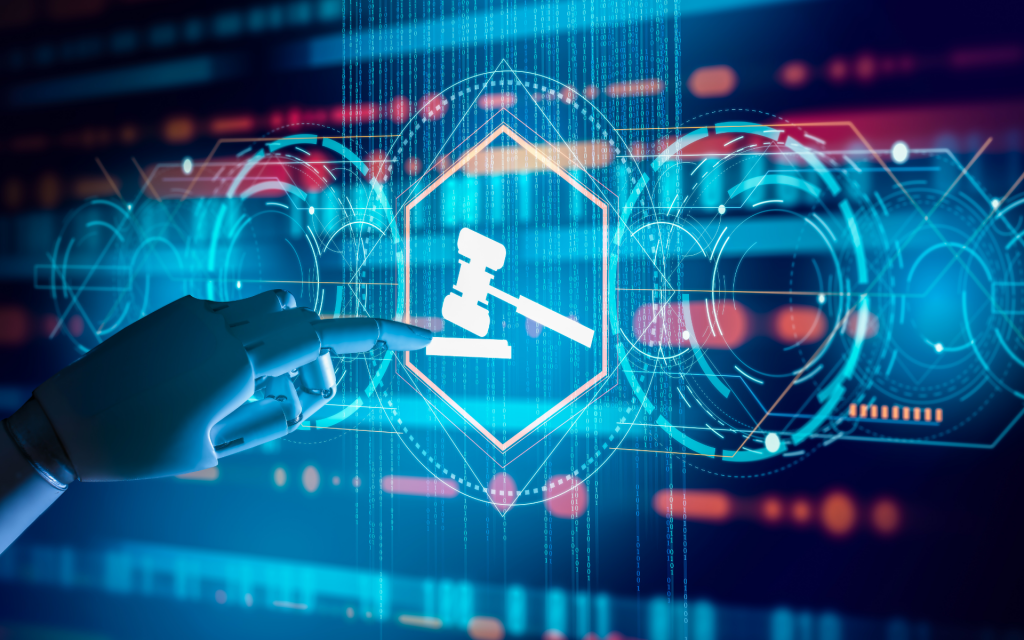
A recent study by two University of Minnesota law professors and a law professor at the University of Southern California revealed that law students utilizing artificial intelligence (AI), specifically, GPT-4, for legal writing tasks experienced faster completion times. However, the study also disclosed that the quality of their work did not consistently surpass that of their peers who did not employ AI technology.
Varied Impact on Students
The research indicated that law students with lower grades, on average, demonstrated more significant improvements in their legal writing tasks when using GPT-4 compared to their higher-performing counterparts. This suggests that the efficacy of artificial intelligence in legal writing varies depending on the user’s abilities and the nature of the legal work undertaken.
Potential Role of Generative AI in the Legal Field
The study’s findings suggest that generative AI is poised to become a crucial tool for many lawyers in the near future, comparable to established legal-tech tools like Westlaw, Lexis, and e-discovery software. The study, titled “Lawyering in The Age of Artificial Intelligence,” emphasizes the potential integration of AI into the legal profession.
Want to know if you’re earning what you deserve? Find out with LawCrossing’s salary surveys.
Examining AI in Legal Education
This study adds to the growing body of research exploring the role of AI in legal education. The authors previously released a study in August that found low-performing law students achieved higher scores on final exams when utilizing GPT-4. Conversely, high-performing students performed worse with the technology. Earlier research also indicated that GPT-4 could achieve bar exam-level scores.
GPT-4: A Brief Overview
GPT-4 is a large language model developed by Microsoft-backed OpenAI, capable of generating human-like text based on user queries.
Methodology and Participants
The authors recruited 60 law students from the University of Minnesota, providing them with several hours of training on GPT-4. Subsequently, participants were tasked with four distinct writing assignments: drafting a complaint, a contract, a section of an employee handbook, and a client memo. Each student used GPT-4 for two assignments and completed the remaining two without AI assistance. All assignments were then graded for evaluation.
Results and Implications
The study revealed that, statistically, GPT-4 did not significantly enhance the overall quality of the student’s work, except in the case of contract drafting. However, there were consistent and substantial decreases in the time required to complete assignments when GPT-4 was utilized. For instance, students using GPT-4 to draft a complaint spent an average of 32% fewer minutes on the task.
Recommendations for Law Schools
In light of the findings, the study recommends that law schools refrain from using generative AI in core first-year courses and exams, citing the disproportionate assistance it provides to lower-performing students. Simultaneously, the study proposes the development of upper-level courses aimed at instructing students on the effective use of artificial intelligence in legal practice. The nuanced approach suggests a balance between leveraging AI’s advantages and ensuring a fair and equitable learning environment for all law students.
Don’t be a silent ninja! Let us know your thoughts in the comment section below.

